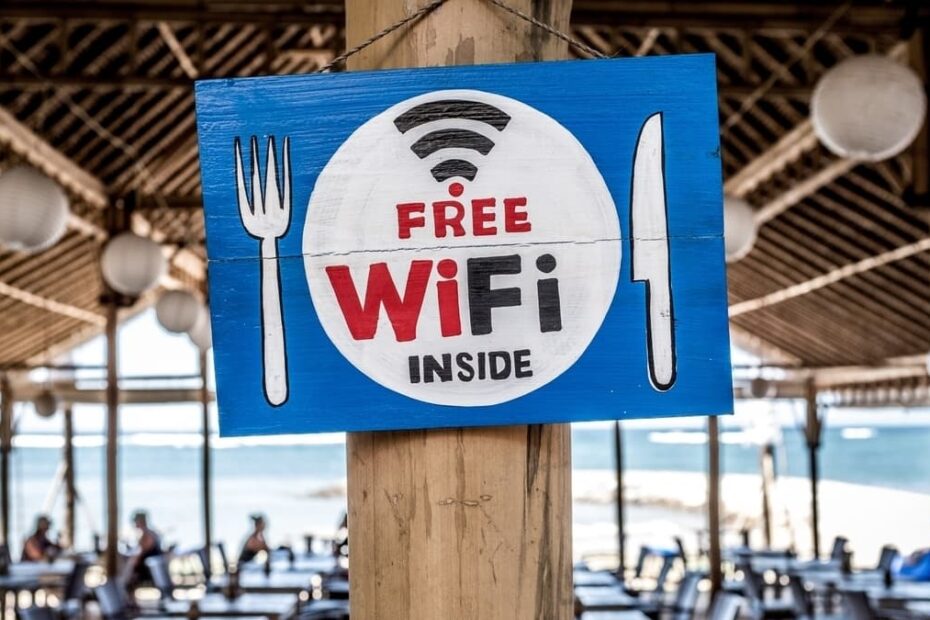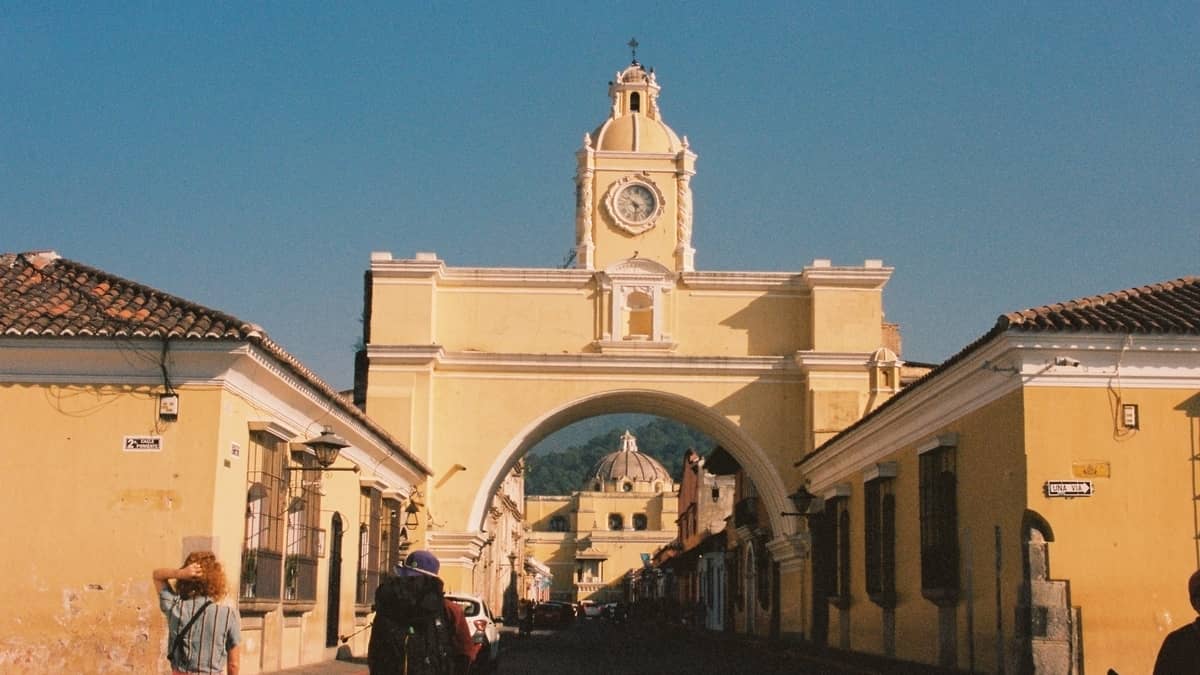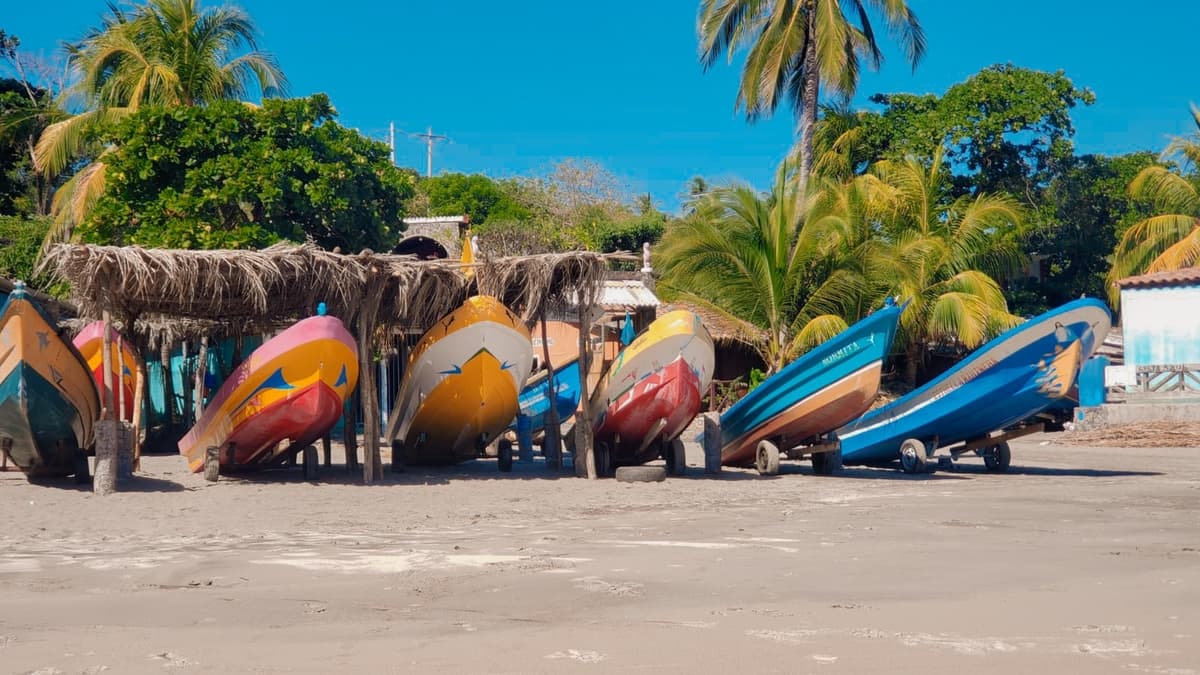If you own a tourism business in Central America, you can’t have not noticed the rise in remote workers or digital nomads passing through the region. Here, we offer some tips how to make your business more welcoming to digital nomads.
The rise of the digital nomad is changing the way people work and travel. More people are working remotely, seeking destinations that offer a balance of work and relaxation. With beautiful beaches, lush rainforests, abundant wildlife… plus a plethora of thriving expat communities, Central America is a hotspot for digital nomads.
And they all need to stay somewhere while traveling in the region.
If you own a hotel in Costa Rica, a hostel In Guatemala, or a rental home anywhere in Central America, it’s more important than ever to understand how to cater to digital nomads. Here, we’ll discuss some of the best strategies for preparing your hotel for the digital nomad market.
The thing about digital nomads is they are just that. You might think of them as cyber gypsies. And with both Panama and Costa Rica signing remote worker visa bills into law last year, we’ll see more of them passing through. (Although, at the time of writing, Costa Rica still needs to figure out the exact application process and fees involved before it gets underway.)
But how do you keep digital nomads in your establishment or at the very least, get them to come back, again and again?
View this post on Instagram
Here are some ideas to get started attracting and retaining digital nomads to your business:
1. Advertise your wi-fi availability on your website, social media channels, and in your physical space.
Be sure you make your network access info available to your guests so they don’t have to ask. Put the info on menus, say, or on walls and doors all over your business.
2. Provide comfortable, spacious areas with plenty of seating for guests to work in.
Offer outlets and charging stations with enough ports for a variety of devices. Remember that guests may be dealing with various time zones and may work from their room, so a small workspace can make all the difference.
3. Provide plenty of opportunities for guests to connect with other like-minded travelers.
If you don’t have an onsite restaurant or bar area, create a social venue in the common areas to host events or gatherings.
4. Have a variety of snacks and drinks available for guests to buy, as well as food options that they can eat quickly or on the go.
These days, healthy options are in demand. Central America provides many choices, so take advantage of them. Fresh fruit and veggies are always welcome and many of these will be considered exotic by your guests’ standards.
5. Evaluate your current internet speed/stability and make necessary upgrades.
There are many choices out there, but you must find the one that suits your customers’ needs and works well in your area. Historically, it has not been easy to find fast, reliable internet in Central America. But times are changing. In Costa Rica, for example, iTellum is a great internet provider for businesses that want to cater to the digital nomad market. They’ve got it covered with high-speed 1:1 fiber optics in urban areas and high-throughout broadband satellite in rural areas. Your physical location is no longer a hindrance when it comes to connectivity. You can also opt for AT&T, since it offers you enough bandwidth to have your guests connected at all times. To get connected, contact AT&T Customer Service.
6. Make sure your internet signal is consistent throughout your property.
There are few things more aggravating than traveling on business, and you can’t work because the ad said there was WiFi, but never mentioned that there is none in your room. Staying connected is tantamount to the survival of the digital nomad. Whether it’s poolside, at the breakfast bar, or in their room, online access is king.
7. Digital Nomads travel with expensive, high-tech equipment, such as laptops, tablets, cameras, and cellphones.
If you have a hotel security system, make sure it is functioning and up to date. Cloud storage for security cameras can keep your footage safe and ensure easy access when needed. If you don’t have a system, look into getting one that covers possible entrance areas. WiFi video cameras with DVD capabilities and tablet/smartphone monitoring are now the norm in many establishments and require strong, reliable internet in all areas of your business. Many hotels and B&Bs have security staff that complement these systems by providing “boots on the ground”. Having a cohesive security plan in place can give both visitors and hotel staff peace of mind. For example, a reliable commercial slide gate opener at your property’s entrance can offer both security and ease of access, making a subtle yet significant enhancement to the digital nomad’s stay.
View this post on Instagram
So far the main focus has been on hotels, rentals, and other types of accommodations. But restaurants are also a vital part of the digital nomad experience. A full stomach equals a happy camper!
If you’re a restaurant or bar owner, there are some things that can make your business more appealing to digital nomads.
First, of course, is good food and service! But internet speed and reliability are also important factors, as is the safety of your eatery. Make sure you have a plan in place to evacuate guests if necessary, and provide them with info on how they can continue working from wherever they are. This also applies to hotels and other tourism-related businesses.
If you’re a tour operator, you know the value of a solid internet connection in your office. It’s the lifeline for reservations and your clients’ connection to the outside world.
Charging ports are another must-have, as most digital nomads rely on their devices to stay productive. But some tours and activities can’t accommodate this, especially whist zip-lining through the jungle! So if you can’t provide charging stations, be sure to have a selection of adapters and cables available for guests to use once they get to an area that’s not beneath a waterfall!
Make sure you’re prepared for the digital nomad market, and that your guests always have a great experience.
And finally, don’t forget about promoting your enterprise online!
Take advantage of the opportunity to advertise your business to the digital nomad market. You can do this through online directories, social media, and search engine optimization of your website.
With the growth of the digital nomad market, it’s more essential than ever to ensure that your hotel, restaurant, or any other tourism business has reliable, fast internet and some of the comforts of home. Let them know you’ve got everything to make their work experience productive and their leisure experience memorable.
Joanne Loewen is a writer, marketer, and entrepreneur living in Santa Ana, Costa Rica.




